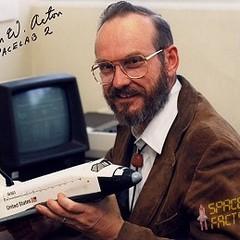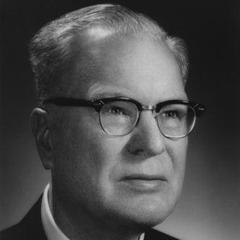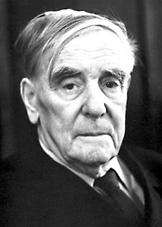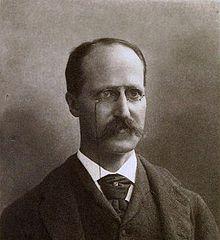Heinz Pagels Quotes

Heinz R. Pagels (2012). “The Cosmic Code: Quantum Physics as the Language of Nature”, p.348, Courier Corporation
Heinz R. Pagels (2012). “The Cosmic Code: Quantum Physics as the Language of Nature”, p.348, Courier Corporation
Heinz R. Pagels (1988). “The dreams of reason: the computer and the rise of the sciences of complexity”, Simon & Schuster
Heinz R. Pagels (2012). “The Cosmic Code: Quantum Physics as the Language of Nature”, p.349, Courier Corporation
Heinz R. Pagels (2012). “The Cosmic Code: Quantum Physics as the Language of Nature”, p.343, Courier Corporation
Heinz R. Pagels (2012). “The Cosmic Code: Quantum Physics as the Language of Nature”, p.279, Courier Corporation
Heinz R. Pagels (1988). “The dreams of reason: the computer and the rise of the sciences of complexity”, Simon & Schuster
Heinz R. Pagels (2012). “The Cosmic Code: Quantum Physics as the Language of Nature”, p.347, Courier Corporation
Heinz R. Pagels (1988). “The dreams of reason: the computer and the rise of the sciences of complexity”, Simon & Schuster
1988 The Dreams of Reason.
Heinz R. Pagels (2012). “The Cosmic Code: Quantum Physics as the Language of Nature”, p.85, Courier Corporation
"Perfect symmetry: the search for the beginning of time".
Heinz R. Pagels (1988). “The dreams of reason: the computer and the rise of the sciences of complexity”, Simon & Schuster
Heinz R. Pagels (1985). “Perfect symmetry: the search for the beginning of time”, Simon & Schuster






